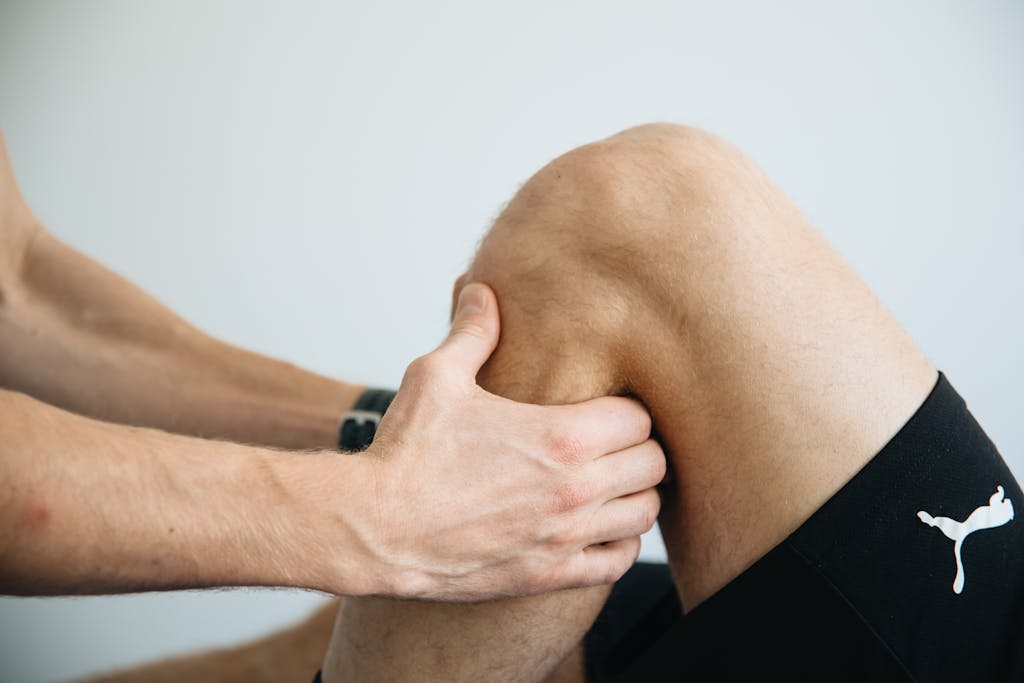Knee pain is a common issue that affects people of all ages, whether due to aging, injury, or underlying health conditions like arthritis. It can limit mobility and impact daily activities, making it essential to find effective ways to manage discomfort and improve movement. Fortunately, there are simple strategies that can help alleviate knee pain and enhance flexibility without requiring invasive treatments.
Regular Exercise for Strength and Flexibility
Engaging in low-impact exercises is one of the best ways to maintain knee health and reduce pain. Activities like swimming, cycling, and walking help strengthen the muscles surrounding the knee joint, providing better support and reducing stress on the joint. Stretching exercises, such as hamstring and quadriceps stretches, improve flexibility and prevent stiffness, making movement easier.
Managing Weight for Less Knee Strain
Excess weight puts additional stress on the knee joints, worsening pain and discomfort. Losing even a small amount of weight can significantly reduce pressure on the knees, improving mobility and decreasing inflammation. A balanced diet rich in fruits, vegetables, and lean proteins, combined with regular physical activity, can support weight loss and overall joint health.
Applying Hot and Cold Therapy
Using heat and ice therapy can provide quick relief for knee pain. Cold packs help reduce swelling and numb sharp pain, especially after physical activity or an injury. Applying heat with a warm towel or heating pad relaxes stiff muscles and improves blood flow, which can ease chronic knee pain caused by arthritis or muscle tension.
Choosing Supportive Footwear
Wearing the right shoes can make a big difference in knee pain management. Supportive footwear with proper cushioning and arch support helps distribute body weight evenly, reducing strain on the knees. Orthotic insoles or custom shoe inserts can also help correct alignment issues, preventing unnecessary stress on the joints.
The Role of Supplements and Anti-Inflammatory Foods
Certain supplements and foods may help reduce inflammation and support joint health. Omega-3 fatty acids, found in fish and flaxseeds, have anti-inflammatory properties that can benefit knee joints. Supplements like glucosamine and chondroitin are also commonly used to support cartilage health and reduce pain in individuals with osteoarthritis.
When to Seek Professional Treatment
If knee pain persists despite home remedies, consulting a doctor or physical therapist is essential. They can assess the condition and recommend treatments such as physical therapy, medications, or in severe cases, surgical options like knee replacement. Early intervention can prevent long-term complications and help maintain mobility.
Managing knee pain effectively requires a combination of lifestyle adjustments, exercise, and self-care strategies. By staying active, maintaining a healthy weight, and using supportive treatments, individuals can reduce pain and improve knee mobility. Seeking medical advice when necessary ensures proper diagnosis and treatment, helping to prevent further joint damage and improve overall quality of life.

